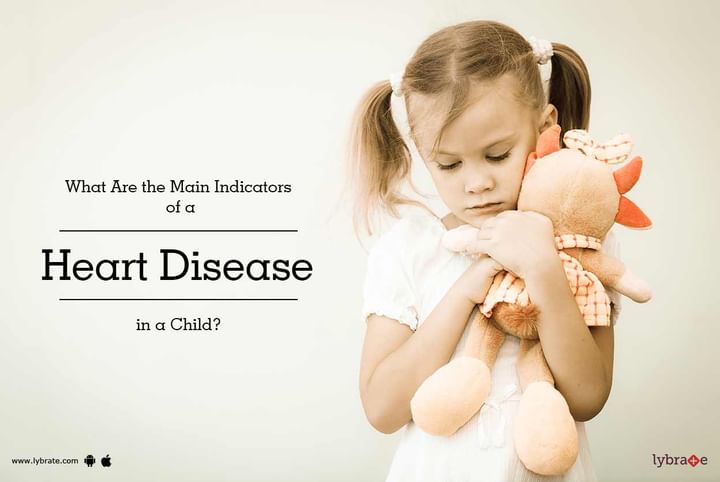What Are the Main Indicators of a Heart Disease in a Child?
Severe hereditary heart imperfection commonly becomes obvious soon after the birth of a child or at some point in the first few months of its life. It is a tragic condition in children and some of the symptoms that are associated with the heart imperfections include rapid breathing, grunting while breathing, swelling of the abdomen, legs and areas around the eyes of the baby.
The baby experiences shortness of breath during feeding and in this way, the baby does not gain much weight. The nostrils of the baby also become flared, and they at times turn pale blue in their skin color. In some cases, the blood pressure of the baby is also very low after their birth.
Congenital heart defects are at times not diagnosed in the early stages of childhood as the signs are not noticeable.
However, some of the signs that are obvious and noticeable in older children mainly include:
- Children become short of breath while exercising or doing some activity and at times these children require frequent monitoring.
- They get tired in no time and have less stamina
- The legs of these children suffering from congenital heart defects tend to swell.
- The blood circulation in these children is very poor
- Holes in the heart occur and typically in the walls between the major blood vessels as well as the chambers.
Do Tests Regularly:
It is very important that a follow up is done with pediatrician regularly and the tests described are performed regularly. In any such case if the problem is significant, then it is likely that your medical doctor would refer your child to a paediatric cardiologist. The paediatric cardiologist is specially trained to identify as well as treat severe heart problems in young children, infants and even in young adults.
Medications Used for Treating Heart Disease:
The condition cannot be prevented and hence to lower the risk of your baby having congenital heart disease it is very necessary that women have a healthy pregnancy. There are certain medications provided by the doctors to treat this condition and relieve the symptoms caused. The medications that are used include Vasodilators to widen the blood vessels so that the blood circulation is improved, Diuretics are used to reduce the extra fluid in the body. The strength of the heart beat is increased by use of Digoxin, and irregular heartbeats can be prevented by use of Antiarrhythmics. However, these medications do not treat the defect completely.



+1.svg)
